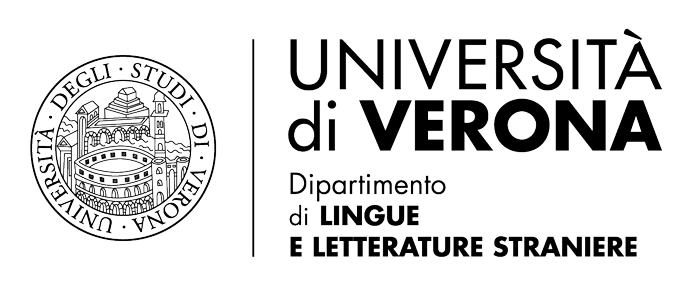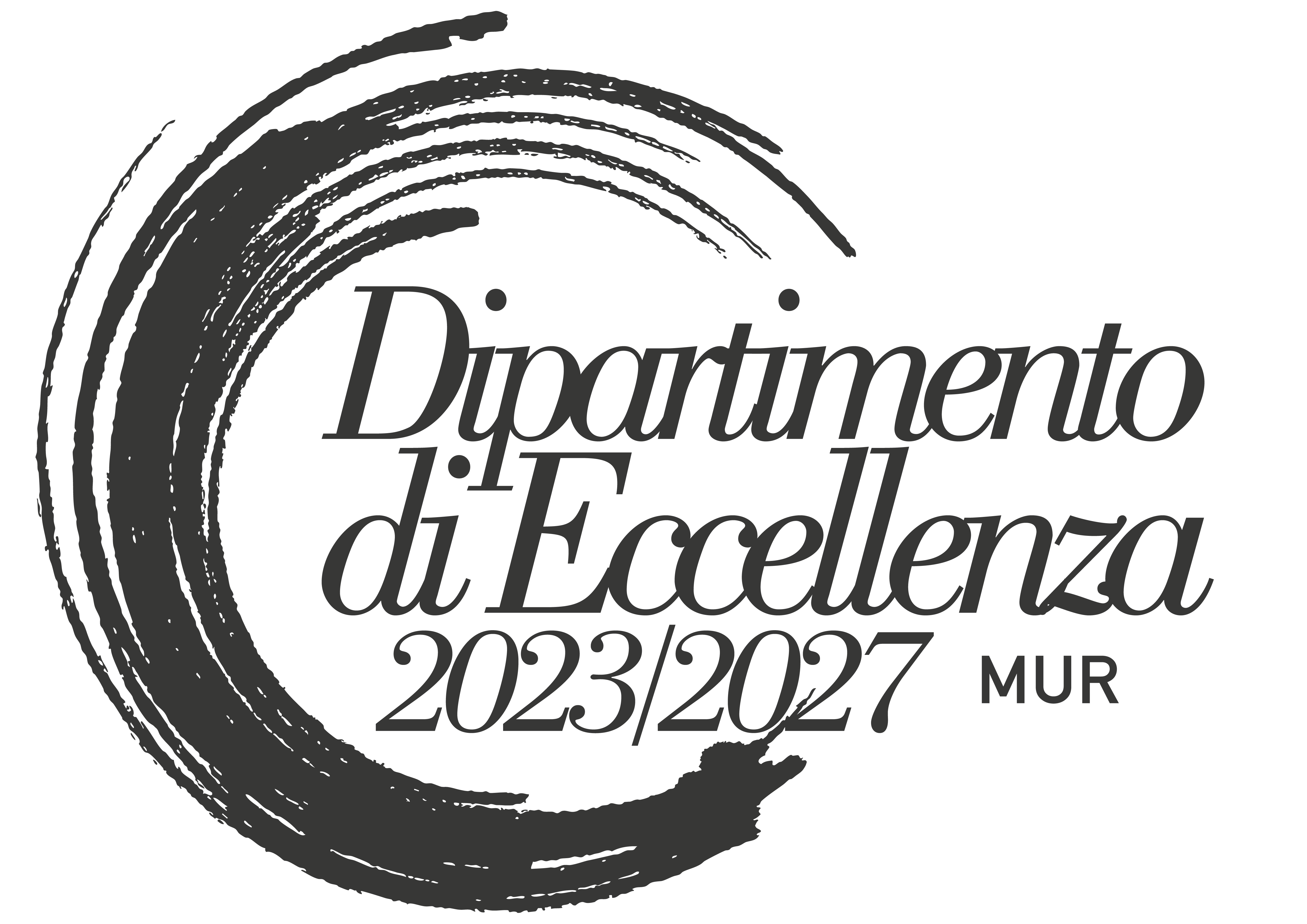Didactics
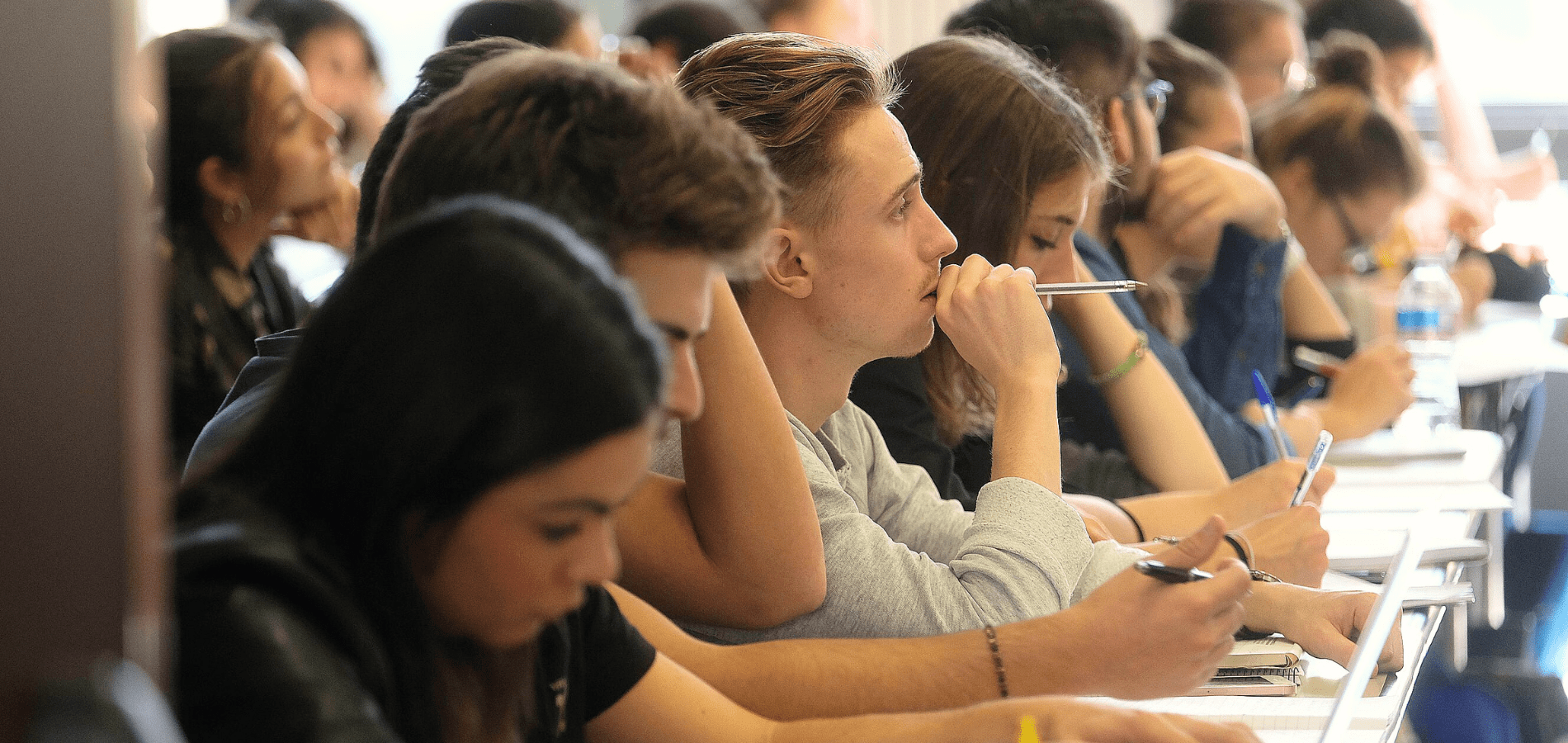
The themes of accessibility and inclusion have increasingly gained prominence in the global educational landscape, both institutionally and in research. Inclusion is, in fact, a fundamental element in the university educational context.
In a constantly evolving digital society, individuals possess diverse needs, abilities, and educational competencies. Our Department is committed to promoting open and inclusive teaching strategies and education aimed at inclusion and engaged citizenship. Therefore, our commitment to the Inclusive Humanities involves developing educational strategies (both theoretical and practical, and across various levels of education) designed to enhance each individual's unique qualities, fostering learning and development opportunities that are equitably distributed. The general goal for the five-year period 2023-2027 is to promote innovation and development in higher education by creating virtuous circles and fostering reciprocal collaboration between institutions, local entities, citizens, and the business sector. This approach aims to transform ideas into solutions for a more inclusive and innovative society, addressing the growing need to train professionals capable of combining humanistic knowledge with the tools and opportunities of an increasingly digitized and inclusive world. This aligns with the goal of strengthening and expanding the internationalization of the educational offerings as outlined in the Departmental Objectives Plan (POD), which is updated every three years.
With this Excellence Project, our Department intends to promote a teaching model that is increasingly inclusive and accessible to everyone, regardless of their abilities or personal circumstances. The implemented model is:
- Multithematic , as it is applied in every area of study within the Department;
- Multidisciplinary , offering opportunities for the fruitful intersection of various fields of knowledge;
- Multifocal , as it considers individuals, the student community, citizens, the disadvantaged, and the global context.
Inclusion entails collaboration, both locally and internationally. Collaboration and synergies among various national and international stakeholders and experts, who actively participate to address the specific needs of students with disabilities or other special educational needs, are essential to achieving high-quality inclusion and accessibility processes. The Department will maintain a strong connection with the local area while enhancing international collaboration, with a particular focus on developing partnerships aimed at fostering the inclusion of economically and geopolitically disadvantaged countries and communities. At the local level, initiatives such as increasing continuous and postgraduate education with a focus on accessibility will be implemented. Furthermore, the actions related to teaching within the context of the Excellence Project will directly impact the offering of bachelor’s and master's degree programs, as well as the improvement of the Department's infrastructure, such as providing dedicated workstations for people with disabilities.
With the previous Excellence Project (2018-2022), which focused on Digital Humanities, the Department of Foreign Languages and Literatures acquired tools to promote inclusion, which continue to be more productively utilized. For example, the license for Blackboard Ally software was purchased, and has now been renewed thanks to the new Excellence Project. This software allows each instructor to monitor the accessibility level of their teaching materials on the Moodle platform and receive suggestions for improvement. It also enables students to independently convert course materials into alternative formats based on their individual needs (including HTML, electronic Braille, MP3 audio, BeeLine Reader, and PDF with OCR analysis).
ENHANCEMENT OF THE EDUCATIONAL OFFERINGS
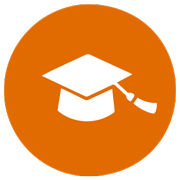
BACHELOR'S DEGREES
The Department offers three first-level
bachelor's degree programs: Foreign Languages and Literatures,
Lingue e letterature per l’editoria e i media digitali,
Languages and Cultures for
Tourism and International Commerce.
The available languages and literatures
include Chinese, French, English, Russian,
Spanish, and German. Additionally,
Portuguese-Brazilian and Catalan language
modules are offered.
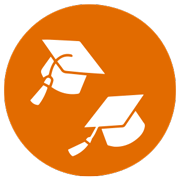
MASTER'S DEGREES
The Department has expanded and enhanced its offerings for high-level study programs. As part of the Excellence Project, an innovative curriculum focused on multilingualism and interculturality in marketing has been introduced within Master's degree in Languages for Communication in Tourism and Commerce (LM38) This program also provides the possibility of obtaining a double degree with a foreign university.
Additionally, the Digital Culture curriculum within the Languages, Literatures and Digital Culture (LM37) has been further consolidated with internationalization initiatives aimed at creating a double degree pathway with foreign universities.
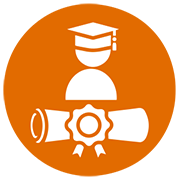
DOCTORATES
The two PhD programs in Foreign Languages and Literatures e Linguistics will align with the new developments introduced in the master's degree pathways, consolidating thematic initiatives and expanding the teaching offering with a focus on inclusion. Specific scholarships dedicated to topics of inclusion and accessibility will also be provided. These initiatives continue the successful efforts made in the previous Excellence Project (2018-2022): “Digital Humanities Applied to Foreign Languages and Literatures”.
OUR ACTIONS
Greater attention will be given to training teachers and aspiring teachers in more accessible teaching methods. This will be done through workshops and internships for aspiring teachers in the master's program (LM37) and through the organization of continuous education courses for secondary school teachers. Courses for external users, focusing on accessibility topics, will also be offered.
The Department is also developing an accessible and inclusive testing model for obtaining foreign language certifications, which can be used by university language centres both nationally and internationally.
Initiatives will also be implemented to provide education for individuals with reduced mobility, such as language, cultural, and multimedia skills training programs for communities with restricted mobility (such as prisons or rehabilitation centres). Special attention will be paid to designing and implementing agreements with foreign institutions from economically and geo-politically disadvantaged areas, creating collaborative lessons and seminars with partner institutions.
Locally, the Department organizes public events and dissemination activities aimed at contributing to the cultural and social development of the area. These include dissemination activities and summer schools for citizens and secondary school students, focusing on themes of inclusion.
Tutoring services will also be established to guide students towards virtuous inclusive practices, remove obstacles to successful course attendance, and facilitate academic success.
Finally, the establishment of international agreements for creating new double degree programs at the Master's level, the opening of a new curriculum for LM38, the presence of distinguished international scholars, and the assignment of highly qualified teaching positions will further contribute to the internationalization and specialization of the educational offerings. At the same time, the allocation of doctoral scholarships dedicated to inclusion and accessibility will help train young researchers in these areas.

This part of the project aims to organize training courses with innovative methodologies (which might be blended) designed for 1st and 2nd grade secondary school teachers. These are courses which also focus on accessibility and inclusion for those with disabilities. The course also aims to extend the knowledge and skills of foreign language teachers, who […]
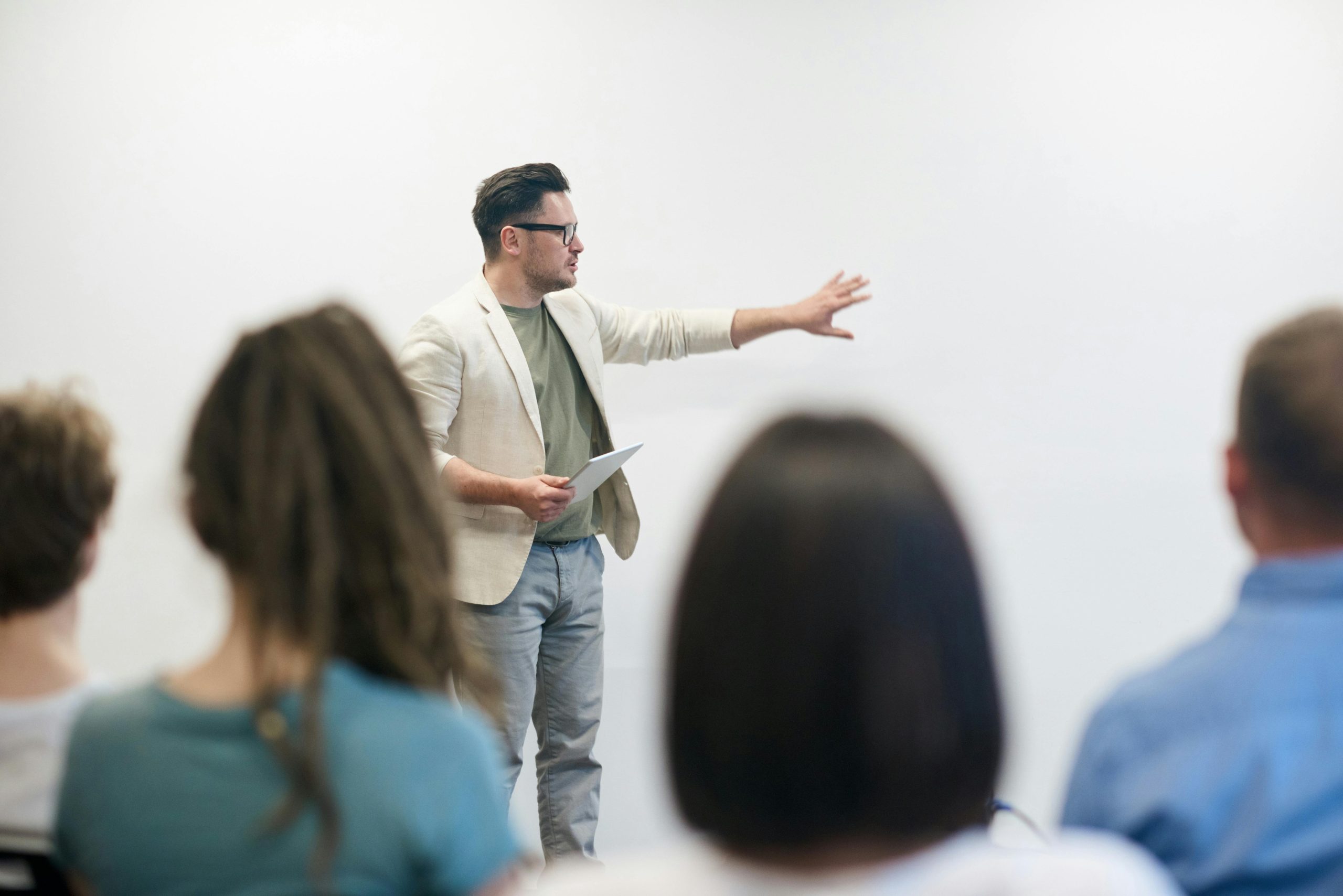
The main objective of the activities that are proposed in the context of lifelong learning and post-graduate courses is to create an effective link between academic training and entry into the world of work, but also to encourage mobility and professional reintegration to allow participants to land on new careers, open up to new job […]
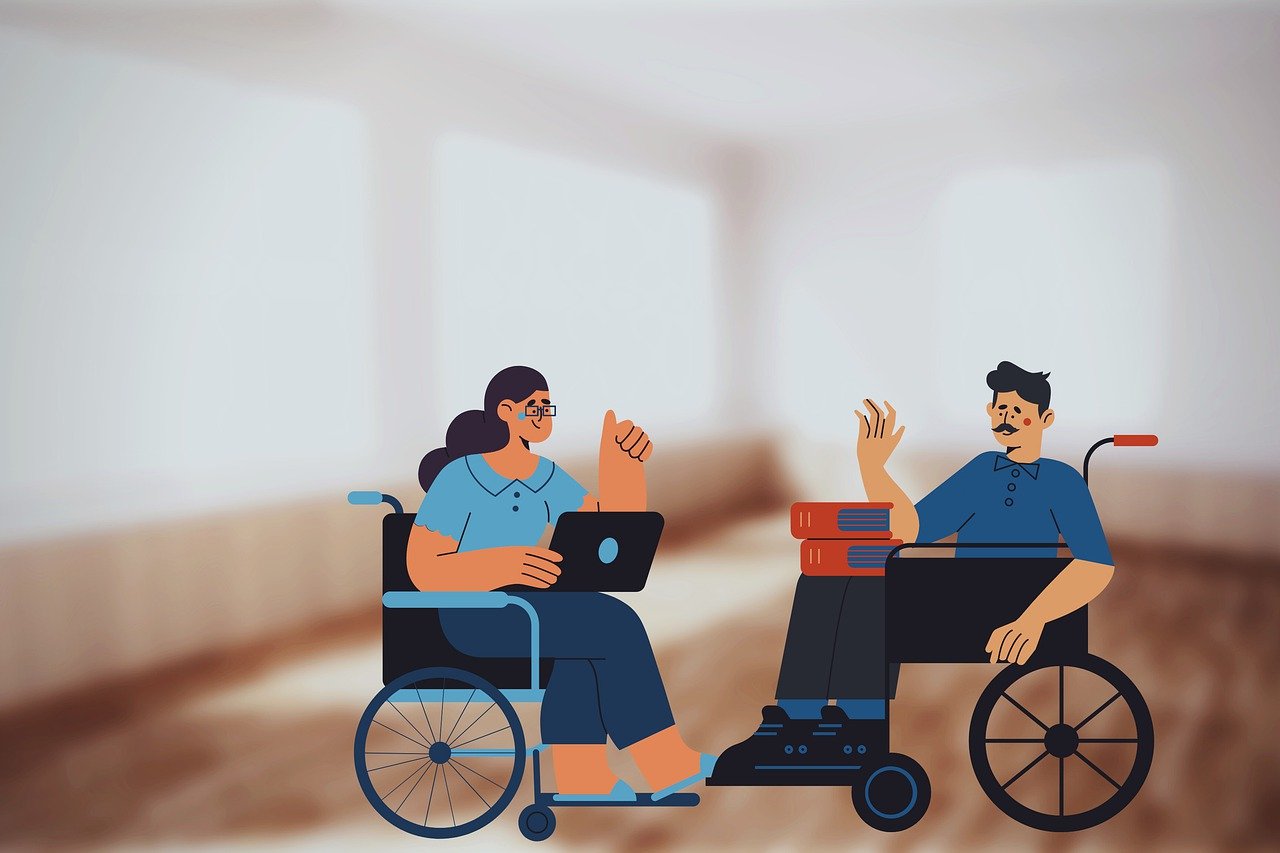
This part of the project is intended to propose training initiatives for future teachers of Foreign Language, Literature and Culture within the LM-37 in Languages, Literatures and Digital Culture, with particular reference to the Languages and Literatures curriculum. This action is part of the Teaching Lab, designed to train LM-37 students in the teaching of […]
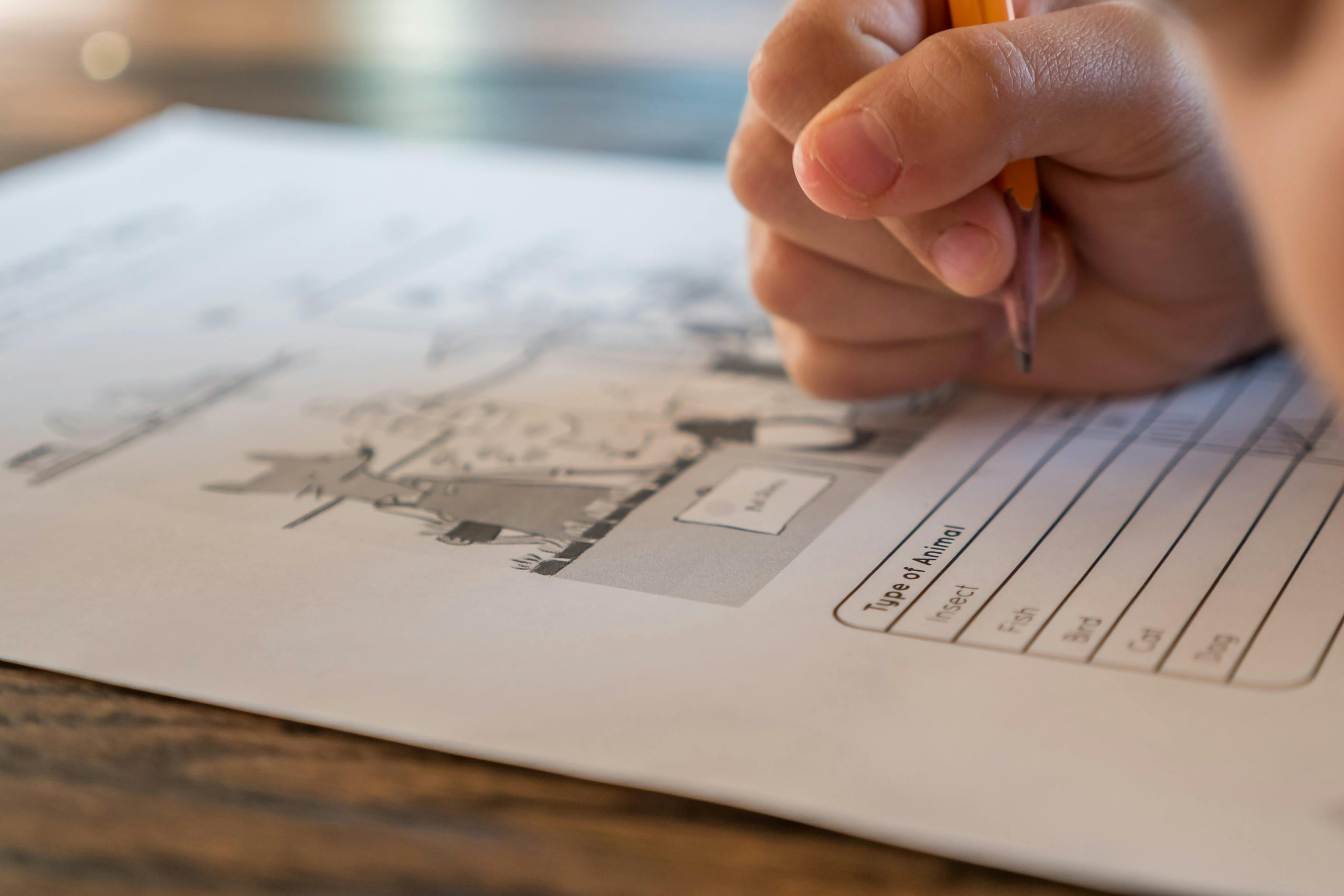
The action, realized with the participation of the GIAM research group, aims to develop and test an accessible and inclusive model for assessing language proficiency that can be useful for the language certification required at HE level. This model, designed according to the combined use of educational assessment strategies, various formative and summative assessment approaches […]

Prisons and libraries constitute an example of “heterotopia” (Foucault), a term that designates an “other” space connected to the remaining social spaces in a mirror-like manner in ways that suspend, neutralize, invert the set of relationships designated or reflected by them. As part of this action, training activities will be carried out in favor of […]
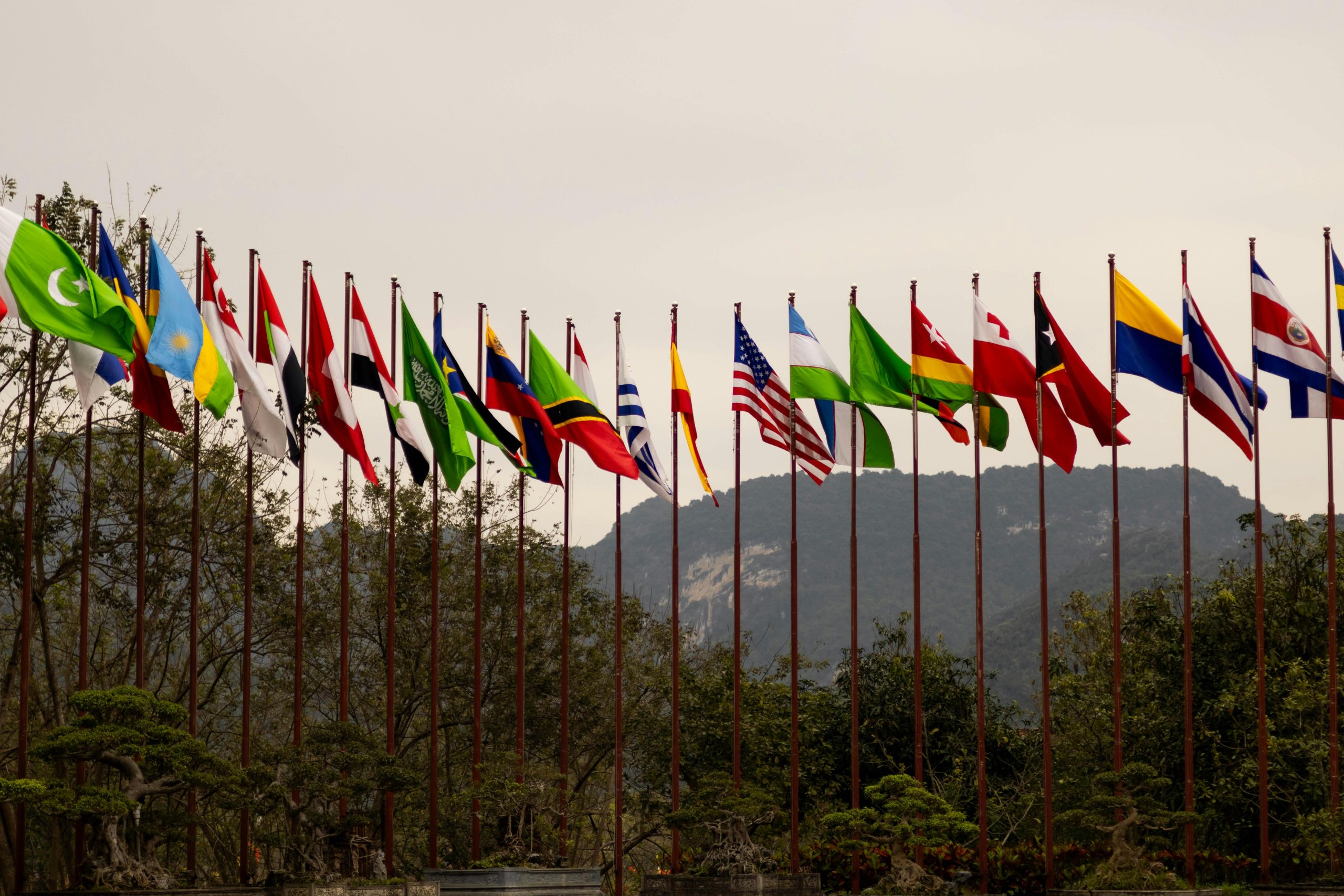
Through this action we will create strategic partnerships and networks with academic institutions and GLAMs located in developing countries. We will also foster the creation of joint initiatives for teaching and scientific research. Along with the signing of cooperation agreements, we will organize teaching and training activities, e.g. workshops delivered partly online and partly in […]
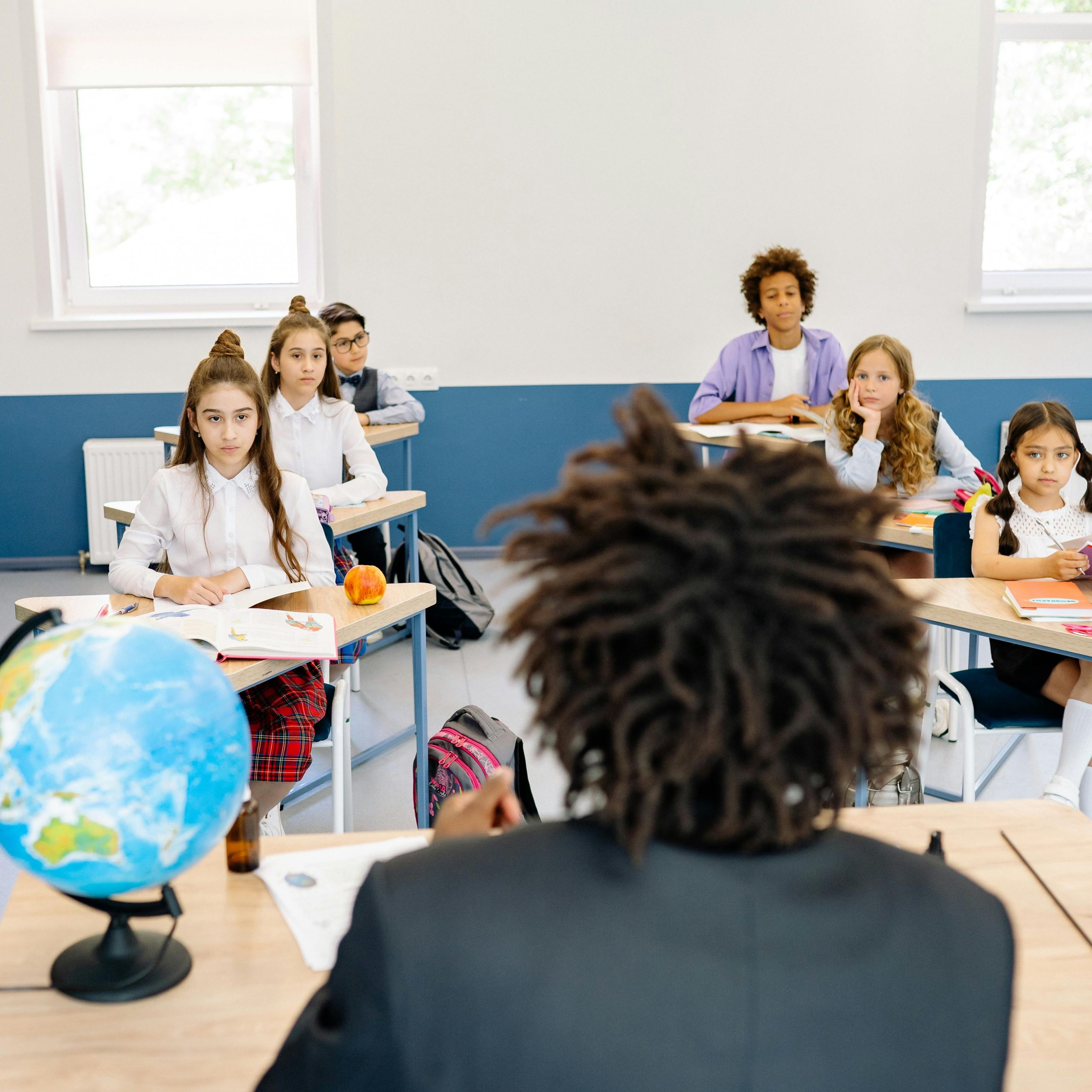
In an ever-changing world, anyone can easily get lost. This is especially true for younger students, particularly when they are to make a decision that will have a long-lasting impact on their lives such as choosing the university where they will pursue higher studies. For many of them, this is a stressful choice, which in […]
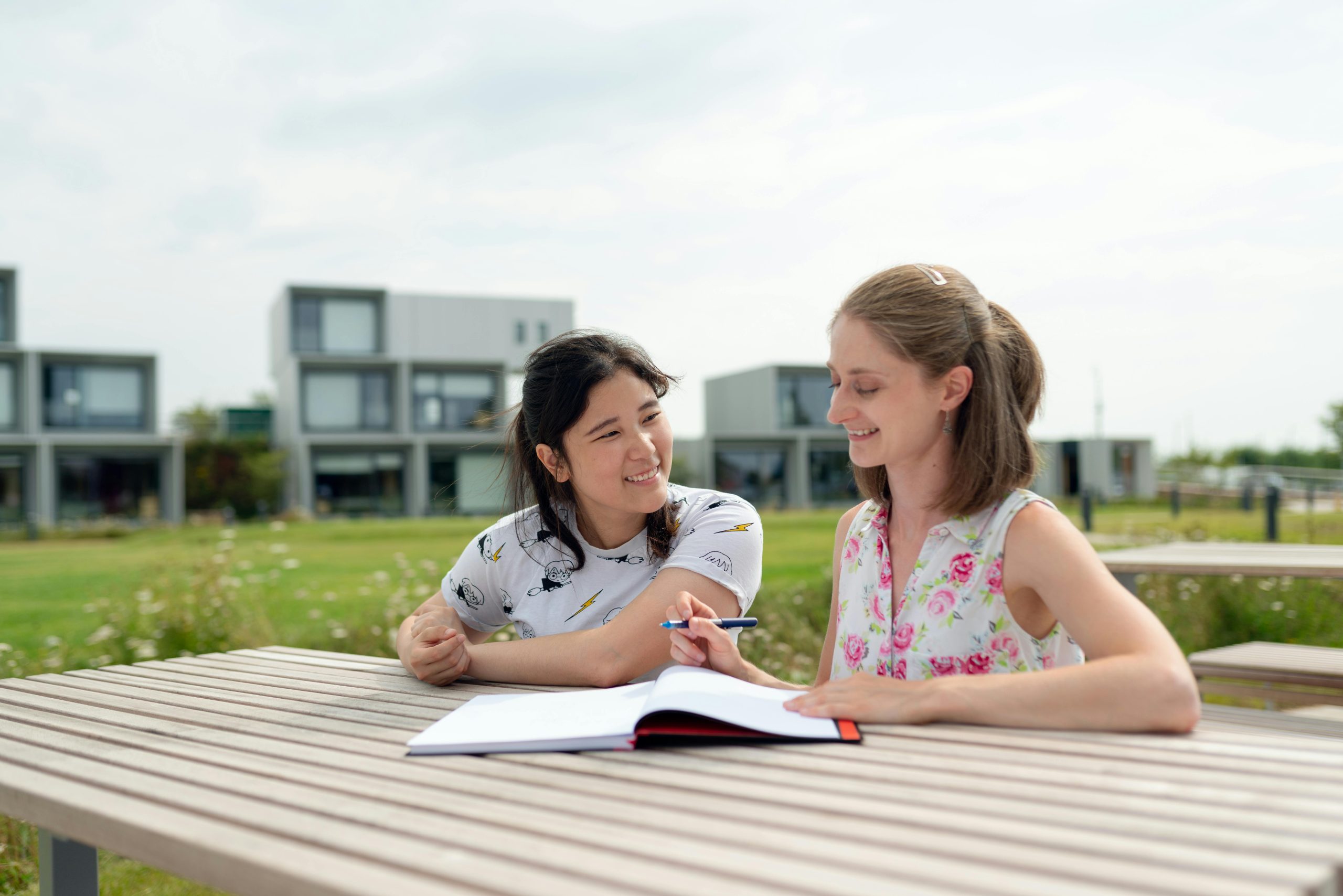
The university courses are based on teaching models, practices and procedures that are very different from those of high school. Some students may feel uncertain in a new educational environment. Sometimes, even students already enrolled may need to rethink their choice after they have actually started their university career. The aim of this action is […]
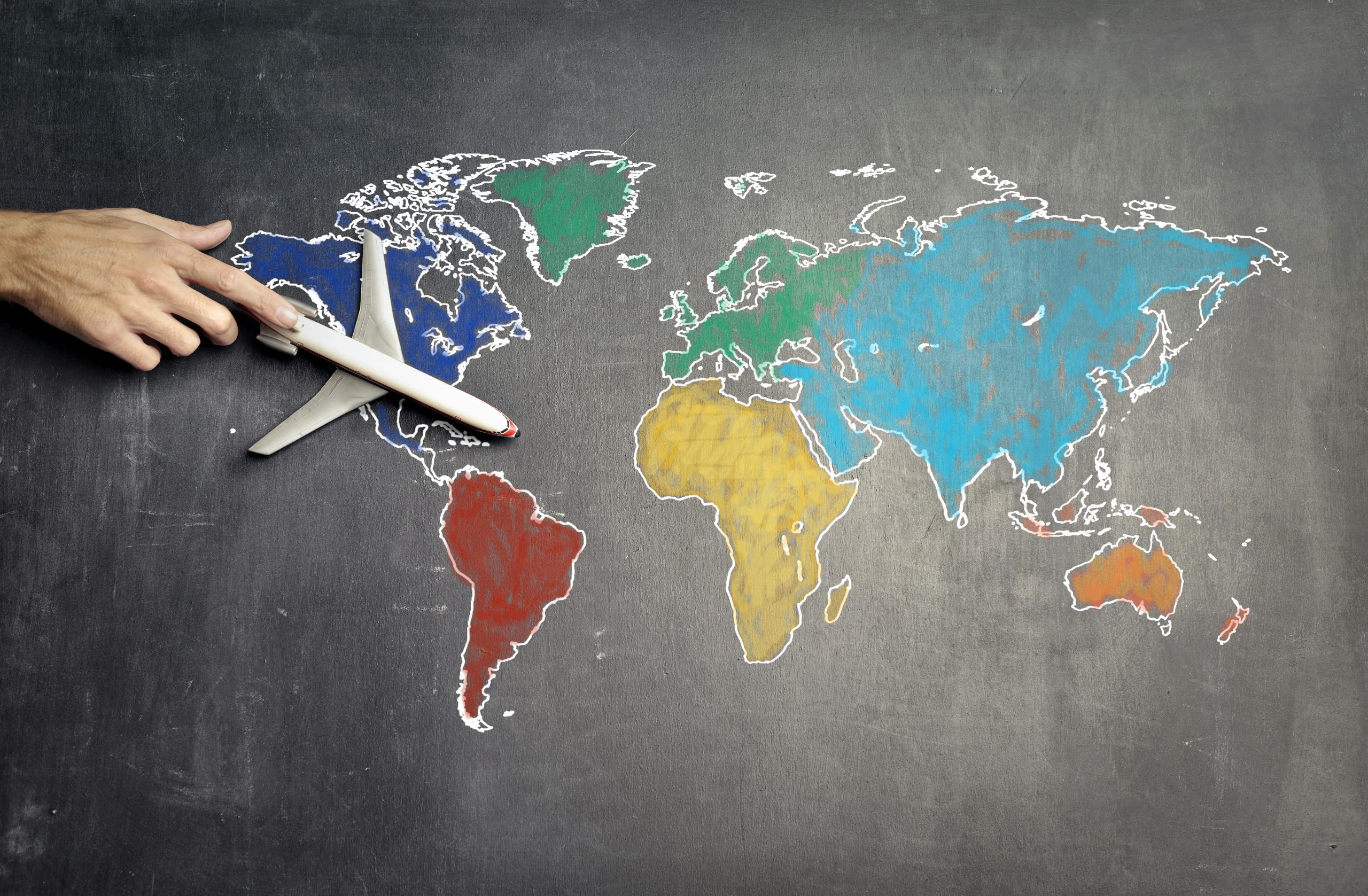
The action involves the modification of the structure of the MA Degree in Languages for Tourism and Business Communication. It is divided into two main actions. The first concerns the strengthening of the curricular language offering with the introduction in the second year of the teaching of Varieties of Chinese 2, in line with the […]

This action aims at expanding the internationalization of the LM-37 in Languages, Literatures and Digital Culture, with regard, in particular, to the Digital Culture curriculum. The aim is to initiate a Double Degree with the Master’s Degree in Linguistique appliquée of the Université Grenoble Alpes (France), destined to Univr students having French and English as […]
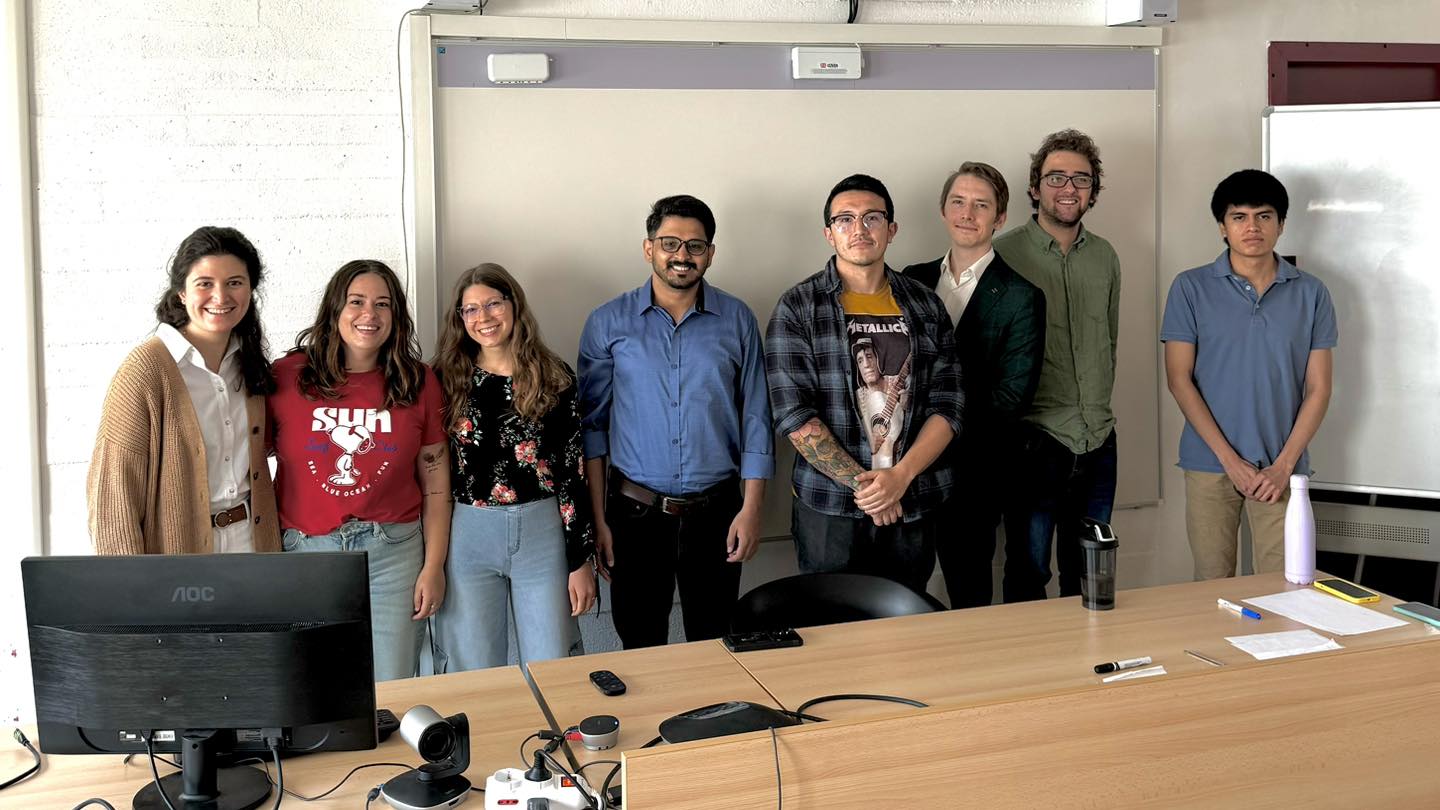
Highly qualified teaching activities (third cycle). The two PhD programmes hosted by the Department (DiLLS) will link up with the second-cycle programmes, consolidating their thematic initiatives, expanding the teaching programme in the direction of inclusion and providing additional scholarships dedicated to the research projects of the Project of Excellence (PoE) of the Department, in line […]
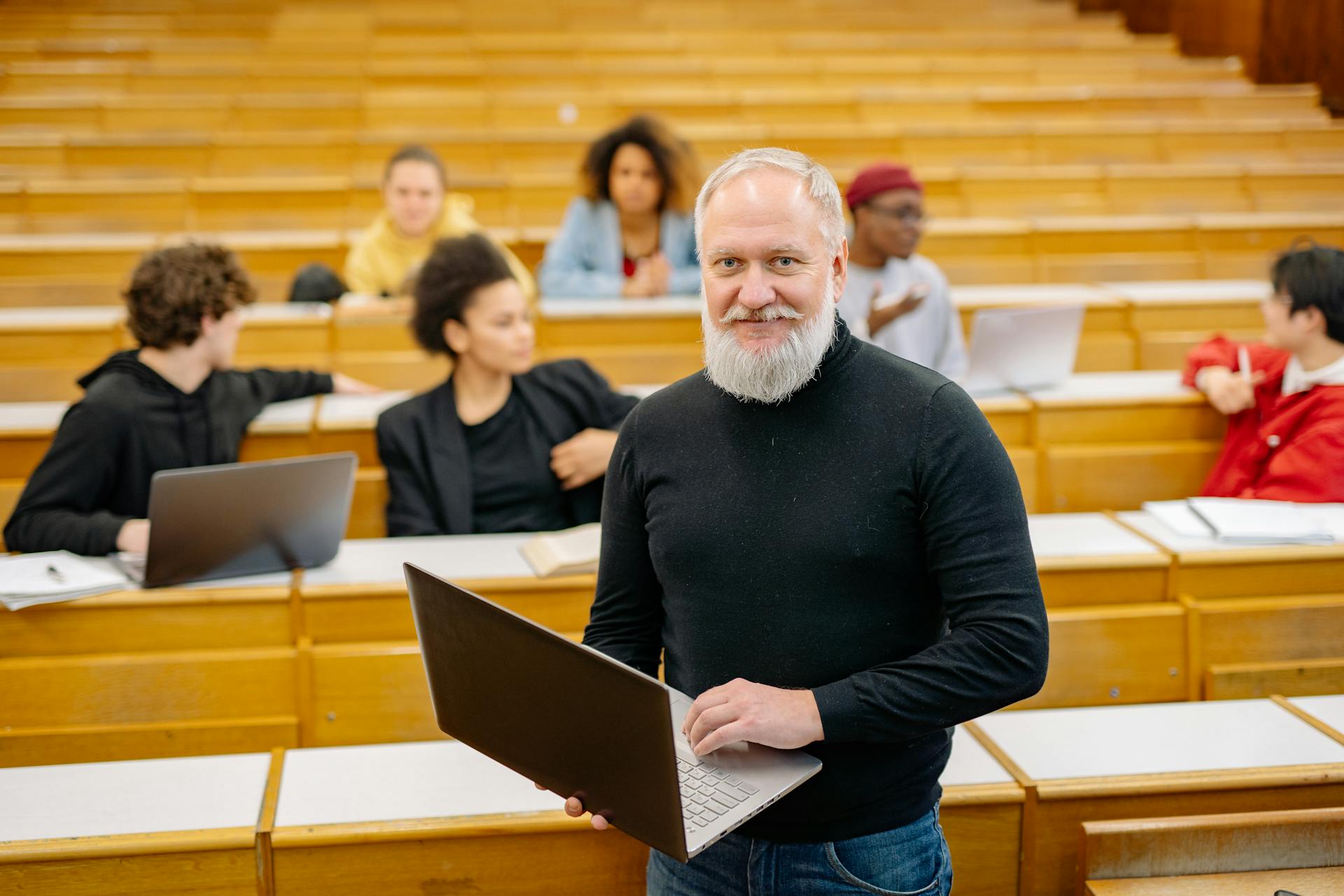
At least 4 teaching contracts and 4 high-profile visiting professors will be advertised over the five-year period. They will contribute to the specialization of our teaching programme. Group leaders: Chiara Battisti; Matteo De Beni

